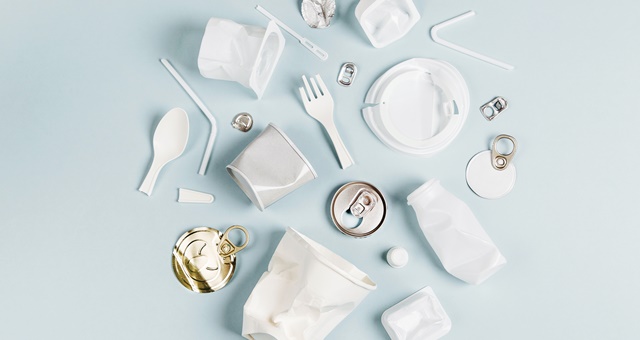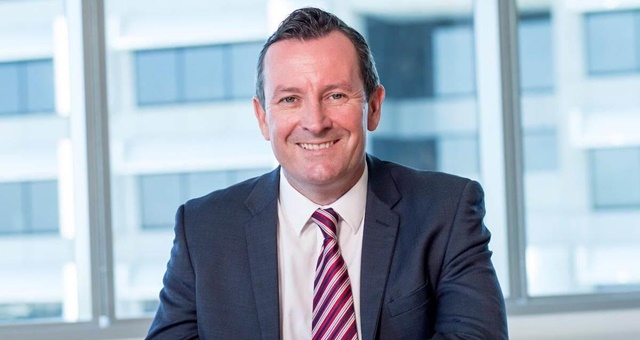Hospitality, retail and wholesale sectors in Western Australia will be supported with education and behavioural change programs to align with the state’s plan to phase-out single-use plastics across the state by the end of 2022.
Backed by an overwhelming 98% of surveyed WA residents supporting action on single-use plastics at a state level, the state government’s ‘Plan for Plastics’ program will be sped up by four years and focus on the removal of single-use plastic bowls, cups, plates, cutlery, stirrers, straws, polystyrene food containers, thick plastic bags and helium balloon releases.
In a final stage, plastic barrier and produce bags, cotton buds with plastic shafts, polystyrene packaging, microbeads and oxo-degradable plastics will also be removed from circulation.
Following each stage, a subsequent education program will aim to help businesses adapt to operating without plastic. Single-use plastics needed by people that require them to maintain a quality of life, such as those in disability, aged care and health will retain their existing supply.
The move by Western Australia follows legislation passed through Queensland Parliament last year, with businesses across the state now required to be compliant.
Western Australia Premier, Mark McGowan, said the roadmap to remove single-use plastics puts the state on track to being a plastic-free leader in Australia.
“By bringing the timeframes forward for single-use plastic bags we can harness the community’s enthusiasm and our collective desire for change to make important improvements quickly and effectively,” he said.
“The new timeframe still gives businesses time to adapt to these changes, with many businesses already switching to environmentally friendly alternatives at the request of customers.
“By choosing to refuse single-use plastics we can continue to set the benchmark and, most importantly, protect our environment for future generations.”



